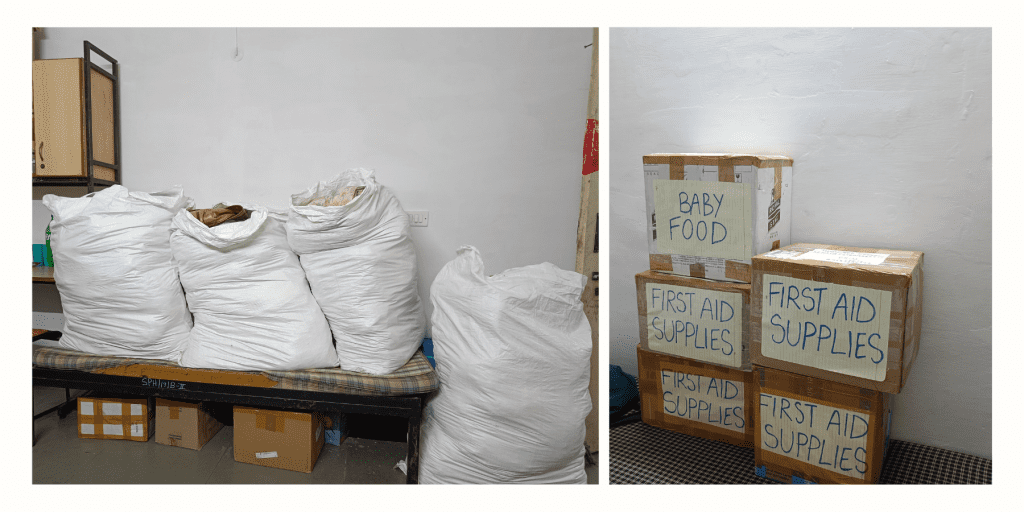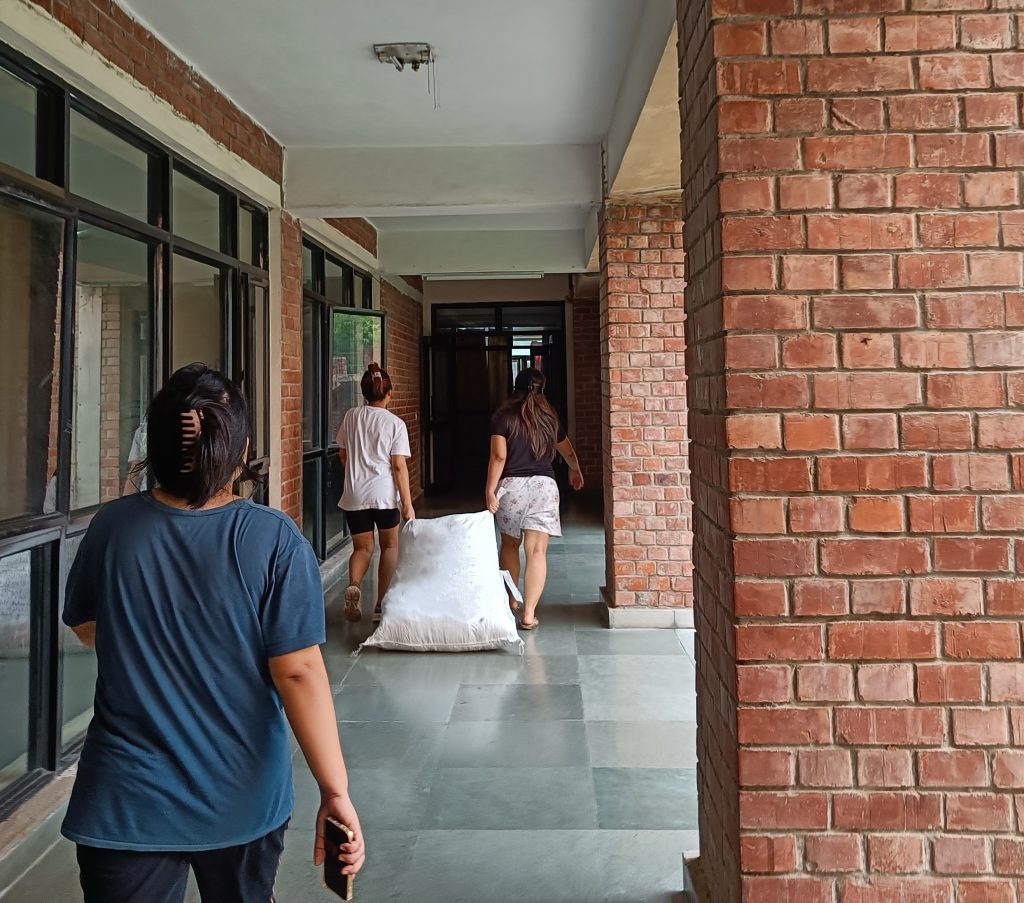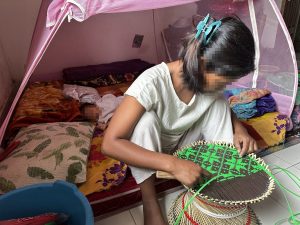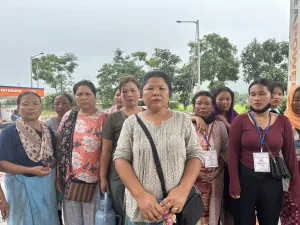[Readmelater]
How A Women’s Collective In Delhi Is Aiding Displaced Communities In Manipur
The violence in Manipur has displaced thousands of people who are now staying in refugee camps. A tribal women’s collective from the north east is spearheading relief operations out of Delhi

All photos by Ankita Dhar Karmakar
Support BehanBox
We believe everyone deserves equal access to accurate news. Support from our readers enables us to keep our journalism open and free for everyone, all over the world.






